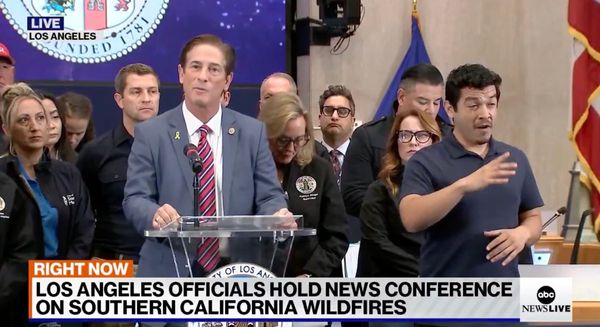
The second 24-hour national rail strike has emptied railway stations across Great Britain as commuters opted to work from home while ministers pushed ahead with controversial plans to allow agency staff to break strikes.
Talks resumed between the RMT union and rail industry bosses as 40,000 union members at Network Rail and across 13 train operating companies downed tools. No firm progress was reported, with a third strike due on Saturday, as the two separate sets of negotiations in London, for railway maintenance and train company staff, continued throughout the day.
Documents seen by the Guardian from the pay talks confirm that rail operators are intending to “repurpose” all ticket offices within 18 months, with a target of making customers buy every ticket online or via a machine. They also confirm that new entrants would be hired on inferior terms and conditions, including being forced to work on Sundays and work for longer to qualify for a pension, under proposals linked to a maximum 3% pay rise.
Speaking in Rwanda, Boris Johnson said the strikes were unnecessary. He added: “To have a great future for rail, for railway workers and their families, we have got to have some sensible reforms and that is things like reforming ticket offices.”
Steve Montgomery, who chairs the Rail Delivery Group, which represents train operators, said it could not be guaranteed that the changes would not mean compulsory redundancies.
He told the BBC: “We believe that once we work through with the reform, that we can hopefully accommodate everybody who wants to stay within the organisation. We just need to get through the processes and see how many people are left, and hopefully nobody requires to be made compulsory redundant.”
Meanwhile, unions and recruiters condemned government moves to allow agency workers to replace striking staff, as the business secretary, Kwasi Kwarteng, announced he was pressing ahead with a change in the law.
The government is also lifting the maximum damages that can be imposed on unions for “unlawful” strikes, allowing judges to impose £1m instead of £250,000.
The changes to existing law will be made by next Monday without fresh parliamentary process, via statutory instruments. While the legislation will not affect current rail strikes – because agency workers would not be able to replace signallers, the critical role in causing stoppages – Network Rail said it welcomed the move.
A spokesperson said: “While key safety-critical roles require many months of training, there are many other roles where they could be used, such as in security operations, which would make a real difference.”
The TUC general secretary, Frances O’Grady, said bringing in less qualified agency staff would “endanger public safety, worsen disputes and poison industrial relations”, while the agency workers themselves would be put in “an appalling and impossible situation”.
The head of the UK’s recruitment body urged the government to rethink. Neil Carberry, the chief executive of the Recruitment and Employment Confederation (REC), said: “It is not something agencies want, and will not achieve the goals the government claims.”
Network Rail estimated passenger numbers on both strike days this week to be at about 12-18% of normal, based on footfall at its major stations in cities around the country.
Only one in five services ran during an 11-hour window from 7.30am, with millions of habitual rail travellers taking to alternative transport – or simply working from home. The broadband provider Virgin Media O2 said it had recorded a 10% increase in usage on Tuesday, the first strike day.
Morning peak congestion in Glasgow, Liverpool, Manchester and Newcastle remained around normal levels, according to data from the satnav company TomTom. National Highways said traffic flows on motorways and major roads were “remarkably good” – with many also possibly deterred from driving by record fuel costs.
Services will start later and remain partially disrupted on Friday, due to the knock-on effects of the strike and lack of some overnight maintenance and signalling staff on later shifts.







